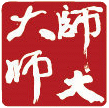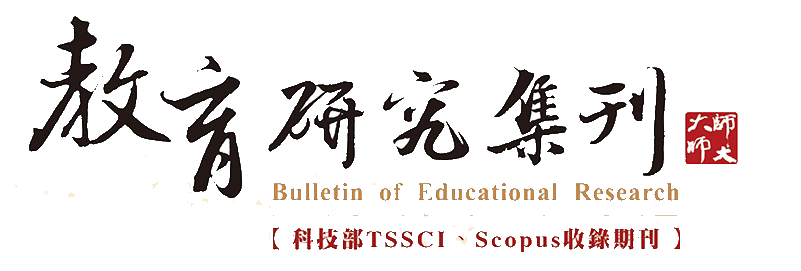| 篇名 | |
|---|---|
| 並列篇名 | Individual Education, Accessed and Mobilized Social Capital, and Status Attainment |
| 作者 | 黃毅志、林慧敏 |
| 中文摘要 | 就臺灣民眾的地位取得而言,除了職業地位之外,公私部門與小老闆階級往往也很重要,這都會影響到收入。至於社會資本、教育所代表的人力資本對於職業地位、進入公私部門與小老闆階級,以及進一步的收入究竟有何影響?社會資本與人力資本影響何者較大?先前國內研究並沒有系統性的完整探討。本研究運用2004年進行調查的「社會資本的建構與效應」全國代表性大樣本資料(N =3,281)實施路徑分析,研究結果發現,接觸的社會資本對地位取得變項大多具有顯著的正影響,只不過影響大都遠不如教育。而本人教育對收入的正向影響,看來比對接觸的社會資本與動員的社會資本整體影響還大。 |
| 英文摘要 | In addition to occupational status, different work sectors and petty bourgeoisies have a substantial influence on income in terms of status attainment in Taiwan. What is the impact of social capital and human capital (education) on the occupational status, the public sectors and petty bourgeoisies, and what is its influence on further income? Which is more dominant, social capital or human capital to status attainment? There has been no systematic and comprehensive research in Taiwan, so the author will explore the thesis. This research uses data from “Social Capital Construction and Effects Survey in 2004”, which was a national survey with 3,281 samples, and conducts path analysis to answer the above questions. The results indicate that accessed social capital has many significant influences on the variables of status attainment, though its effect is not as strong as human capital’s impact on education. An individual’s education is likely to have a greater positive influence on income than the sum total of all social capital, inclusive of accessed social capital and mobilized social capital. |
| 起訖頁 | 097-130 |
| 關鍵詞 | 地位取得、動員的社會資本、接觸的社會資本、教育、status attainment、mobilized social capital、accessed social capital、education |
| 刊名 | 教育研究集刊 |
| 期數 | 201606 (62:2期) |
| 出版單位 | 國立臺灣師範大學教育學系 |
| DOI | 10.3966/102887082016066202004 複製DOI |
| 該期刊-上一篇 | 大學生網路言論的界線:以美國校園言論自由案例分析為例 |
| 該期刊-下一篇 | 科技部教育學門研究趨勢檢視與省思:94-103學年度專題計畫分析 |








